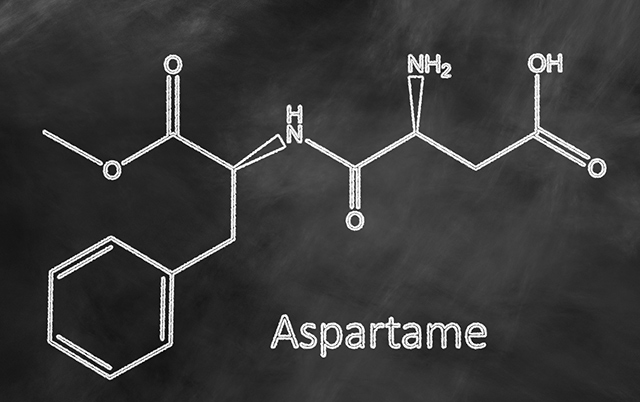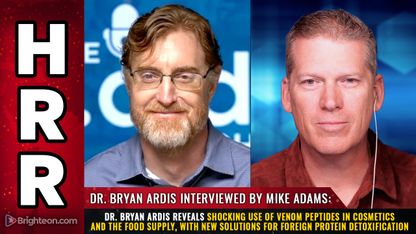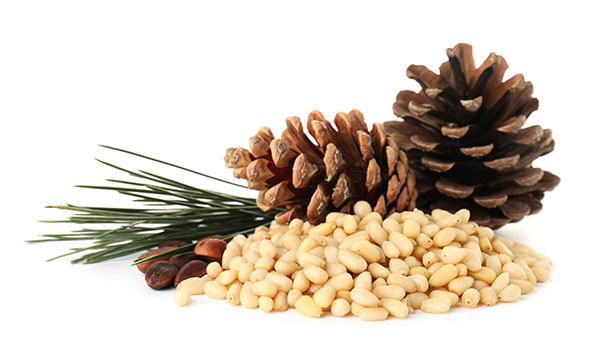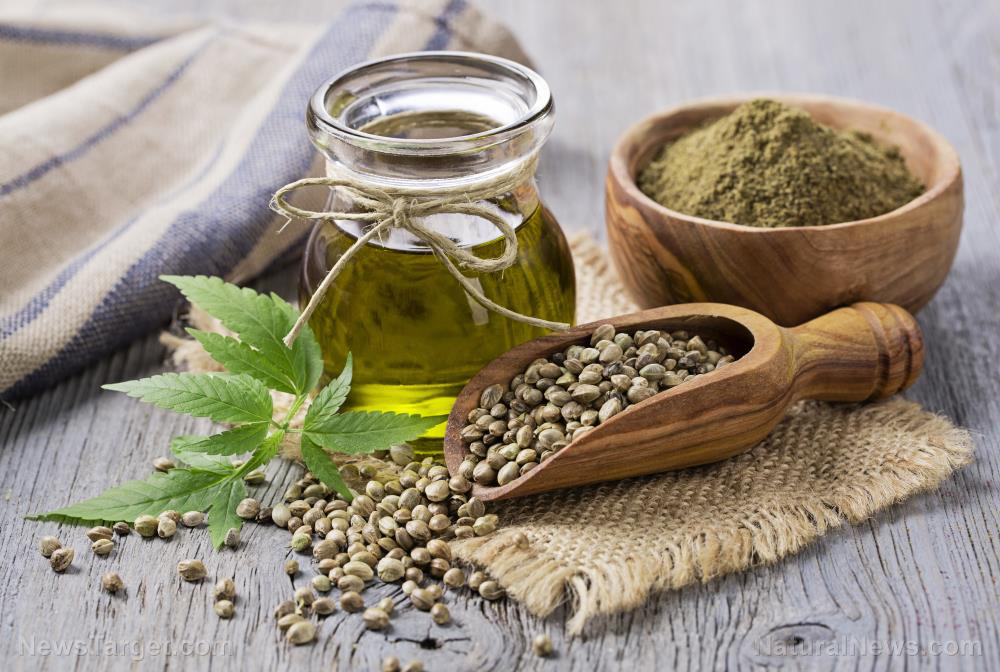
Beverage industry uses social media influencers to lie about brain-damaging chemicals
An investigation by the Washington Post finds that the American Beverage Association has been enlisting lobbyists to target registered dietitians who have tens of thousands, if not millions of social media followers. The unethical, sleazy lobbyists pay social media influencers to promote sugar and artificial sweeteners. The Federal Trade Commission (FTC) advises social media influencers to disclose their financial relationship with any brand. Some of the influencers disclose their ties to the American Beverage Association and others do not. When the financial ties are not disclosed, the beverage industry pushes their propaganda through trusted voices on the internet, and large followings of people are misled.
Scientists reporting to the World Health Organization published an assessment in May 2023 documenting the toxicity of aspartame, citing that is “possibly carcinogenic” and ineffective for weight loss. The American Beverage Association represents major brands such as Coca-Cola and Pepsi. Their diet products contain aspartame, so their profits are directly impacted by these findings at the WHO.
To counter these scientific findings, the beverage industry flooded the internet with their pro-sugar, pro-aspartame propaganda, manipulating the masses by paying off trusted dieticians, doctors, and wellness influencers. The end result is a bunch of TikTok and Instagram posts that promote processed foods, sugary beverages, and known carcinogens like aspartame. The investigative report analyzed approximately 68 dieticians with 10,000 or more followers on social media. The investigation found that half of the dieticians made recommendations for aspartame and sugary beverages. The beverage industry paid for sponsored ads for 35 social media posts made by 10 registered dieticians, a fitness influencer, and a physician. These posts all claimed that aspartame was safe.
Studies show that aspartame harms the brain in many ways
When aspartame breaks down in the body, it is broken down into phenylalanine (50%), aspartic acid (40%) and methanol (10%). The extra phenylalanine blocks important amino acids from the brain, forcibly lowering dopamine and serotonin and causing depressive states. The extra aspartic acid causes the neurons to go into a hyper-excited state and is the precursor to excess glutamate release and the subsequent degeneration of astrocytes and neurons. The extra methanol metabolites negatively affect the central nervous system and can lead to vision disorders and metabolic acidosis.
A spokesperson for the American Beverage Association, William Dermody, defended the aspartame campaign. He said the social media influencers conveyed facts to their audiences and were up front about being paid. He cited the FDA’ stance on aspartame, which claims that the chemical is a “safe replacement for sugar.” He also said that the WHO still concludes that aspartame is safe.
In May, WHO labeled aspartame “possibly carcinogenic." By July, the WHO’s Joint Expert Committee of Food Additives (JECFA) re-asserted their commitment to aspartame, claiming that 40 milligrams per kilogram of body weight is an “acceptable daily intake.” The U.S. Right to Know (USRTK) investigated the JECFA members and found that the regulatory body includes a longtime Coca-Cola front group – the International Life Sciences Institute.
“Because of this conflict of interest, JECFA’s conclusions about aspartame are not credible, and the public should not rely on them,” USRTK said.
It's apparent that the industries that are poisoning the public are infiltrating regulatory agencies and scientific bodies around the world to pervert and twist the science about their toxic chemicals, while leveraging their vast financial resources to use trusted social media influencers to manipulate the masses.
Sources include:
Please contact us for more information.






















